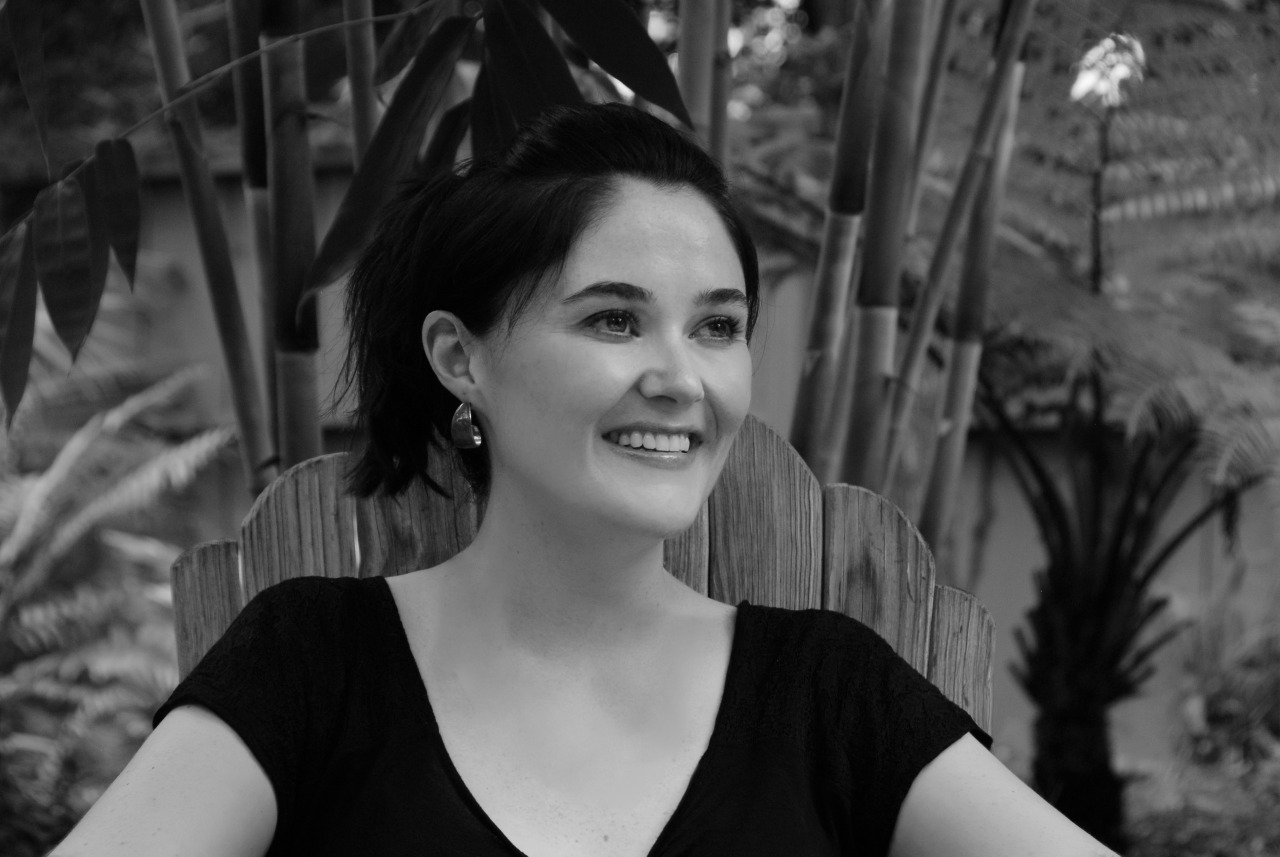
This interview with Caitlin is one of three posts on the site that were written for The MFA Project in fall/winter 2015, prior to the start of Primal School.
The poetry of Caitlin Doyle has received wide praise. Michelle Aldredge of Gwarlingo says of her work: “Caitlin Doyle writes highly original poems…steeped in both meaning and musicality…Doyle’s poems are serious and complex, but also witty and playful, and it’s this tension that makes her writing so innovative.” One of the benefits of our online format is the opportunity to occasionally feature long-form interviews. I got to talk with Caitlin about her work, her MFA experience, her journey as a writer and teacher, and topics relevant to writers and poets on both sides of the MFA divide. — Hannah
Your voice as a poet is very distinctive and I’m thinking of what sets your work apart, such as your skill with rhyme and other formal elements, and your blending of narrative and lyric modes. What do you think of the frequent criticism that MFA programs end up producing voices that sound the same?
It’s important to enter an MFA program with this central understanding: There’s a difference between challenging your aesthetic values in meaningful ways and letting your pen become a conduit for trends buzzing in the air around you. The workshop environment can sometimes spur writers, consciously or unconsciously, to seek immediate pay-offs in the form of peer approval, rather than pursuing the harder-won rewards that come with creating work that operates entirely on its own terms. Though writers have long depended on feedback from others, the idea that truly strong writing can take shape via group consensus is a potentially dangerous one for emerging writers to absorb. It’s necessary for MFA-seekers to cultivate openness, but it’s just as crucial for them to resist pressures that push them too far away from idiosyncratic self-determination.
Which reminds me of your advice to beginning writers in your interview with Words With Writers: “Take your time to develop arduously, painstakingly, and privately, rather than throwing your writing too hastily into the universe for recognition. Be a homemade writer rather than a world-made writer—only then will the world truly want and need your work.” Can you talk more about what it means to be a “homemade writer”?
Recently, I’ve been re-reading Elizabeth Bishop’s “Crusoe in England”, a poem in the voice of Daniel Dafoe’s most famous fictional character, Robinson Crusoe, who spends years shipwrecked on a tropical island. I keep coming back to the part of the poem where Crusoe recounts playing a “home-made flute” that he has crafted out of materials found on the island. Remembering the instrument, which seems to have possessed “the weirdest scale on earth,” he says:
“Home-made, home-made! But aren’t we all?”

